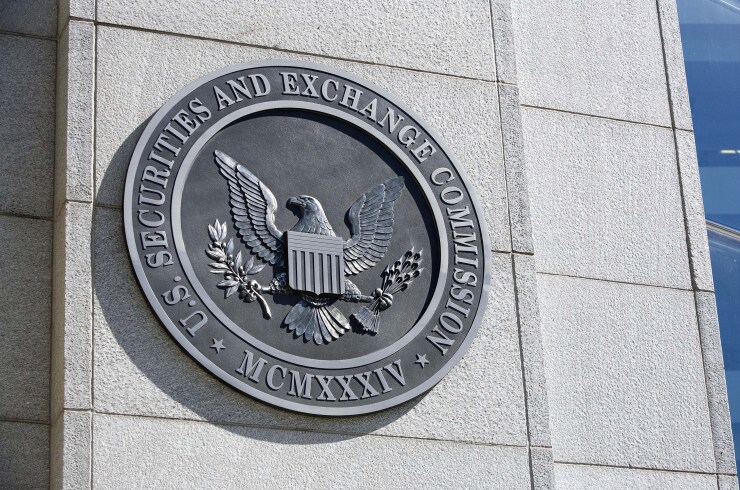When companies suddenly replace their auditing firms, the required disclosures to the Securities and Exchange Commission are often vague and may be a signal of a forthcoming restatement, but timing is a crucial factor, according to a recent academic study.
The
As opposed to looking at what companies say in the disclosure, Burks recommends investors pay attention to when the disclosure comes out. “Any firing that happens after the second fiscal quarter signals an above-average chance of a future restatement,” he said in a statement. “Firings that occur in the third or fourth fiscal quarters or during the period of audit fieldwork after year-end, increase the chances of future restatement by roughly 40%.”

In a sample of some 1,400 auditor firings, the researchers found that company revelations of disagreements with the auditor or other auditor concerns provided no systematic ability to predict whether a company would restate its financial statements.
“The lack of predictive ability suggests that companies’ decisions to disclose such auditor concerns are so inconsistent and uncommon — even though the regulation requires their disclosure — that no predictive power results,” said Burks, who researches financial accounting and misstatements.
The researchers believe that firings after the first half of the year are more suspicious because companies almost always sign up auditors early in the fiscal year. That means nearly any firing that occurs after the early-year sign-up period means the company changed its mind about the auditor within the span of months.
“What would prompt such a quick change of mind?” Burks asked. “A prime possibility would be brewing disputes with the auditor about potential misstatements.”
Despite the apparent connection between late firings and disputes, he and Sustersic Stevens found that companies are no more likely to disclose disputes for late firings than they are for early firings, again suggesting that companies tend not to be forthcoming about the underlying reasons for the firing.
The SEC has changed the disclosure regulations related to Section 4.01 8-K forms a number of times over the years to try to force companies to offer more transparent disclosures about firings, but the study found those efforts have been mostly ineffective. As an alternative to more rule changes, the researchers recommended the Public Company Accounting Oversight Board and the SEC start to regularly ask about the circumstances of auditor firings in their examinations.
“The SEC may want to investigate the possibility of including questions about auditor firings in its comment letter reviews of individual companies,” Burks suggested. “Such letters and the company responses to them already become public as a matter of course. The letters normally just stick to questions about the financial statements, but on at least one occasion the SEC asked about the reasons for an auditor firing, and received much more explanation than is normally included in the standard auditor firing disclosure.”
For example, in answer to the SEC’s question in a 2010 comment letter about why it fired its auditor, Blue Wave Group Inc. claimed that the auditor misled the company about the expertise and documentation it possessed, did not have “the work ethic that the company felt was needed” and assigned a primary contact person who “was an associate still in school, not a seasoned professional.”
The company also gave some specific examples when the partner was “very difficult to work with” and “vague and unhelpful,” and the company said it stuck with the auditor longer than it wished because “it felt trapped that it had a 10-K due and it did not want to file late.”





